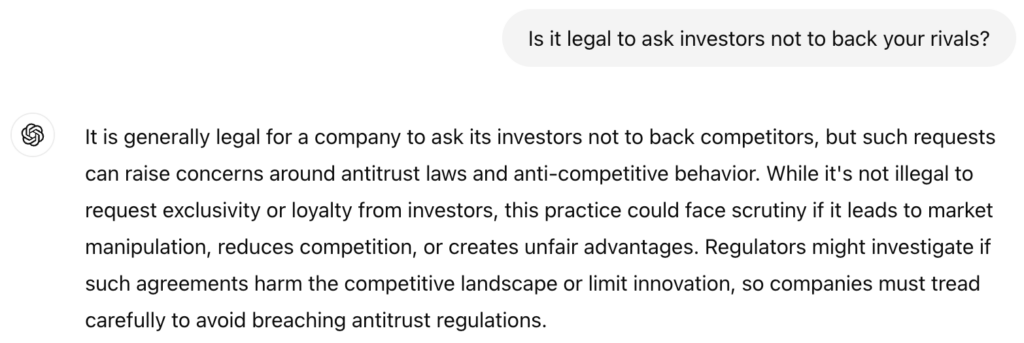Welcome to the newest edition of ID Tech’s AI update. Here’s the latest big news on the shifting landscape of AI and identity technology:

Meta has announced a text-to-video AI model called Movie Gen, positioning it as a rival to similar tools from ElevenLabs and OpenAI. Demonstrations of the tech included using the tool to make videos featuring people from real photos, once again raising the spectre of deepfake fraud. The news comes after rumblings last week that OpenAI was preparing a revamped version of its Sora platform, which hasn’t yet been launched.
OpenAI has raised $6.6 billion in a new funding round that is poised to value the company at $157 billion. The round featured Nvidia, Thrive Capital, Khosla Ventures, and Microsoft, among others. And OpenAI is asking investors not to back rivals such as SSI, which is led by an OpenAI co-founder, and xAI, whose chief executive is currently suing OpenAI.
That strategy may pay off. Character.ai has pretty much given up on building large language models to rival those of OpenAI and Google – which recently poached its founders – and will instead focus on its chatbot products that mimic famous characters. Interim CEO Dominic Perella told the Financial Times that it “got insanely expensive to train frontier models,” an effort that “is extremely difficult to finance on even a very large start-up budget.”
Major US tech companies are investing heavily in Southeast Asia-based AI infrastructure. Oracle will spend $6.5 billion on a cloud services center in Malaysia that will help to fuel AI development, and Google parent Alphabet will spend $1 billion on data centers in Thailand. Amazon announced plans for a $9 billion investment in data center infrastructure in Singapore back in May.
California Governor Gavin Newsom has vetoed SB 1047, a bill that would have established a regulatory framework for AI development including requiring companies to build a “kill switch” into their models. Newsom said the bill was “well-intentioned” but applied “stringent standards to even the most basic functions.” Most tech companies had voiced opposition to the bill, with the notable exceptions of Anthropic and xAI’s Elon Musk.
A federal judge blocked a separate California bill that would have restricted the sharing of political deepfakes. While the law includes exemptions for satirical content when it is clearly labelled, U.S. District Judge John A. Mendez ruled that it nevertheless violates the First Amendment, acting as “a blunt tool that hinders humorous expression and unconstitutionally stifles the free unfettered exchange of ideas.” Newsom and Musk were on opposite sides of this bill, too, with Musk opposed to it.
The chatbot’s take: We turned to GPT-4o for legal advice. (Disclaimer: don’t do this.)

–
October 4, 2024 – by Alex Perala








Follow Us